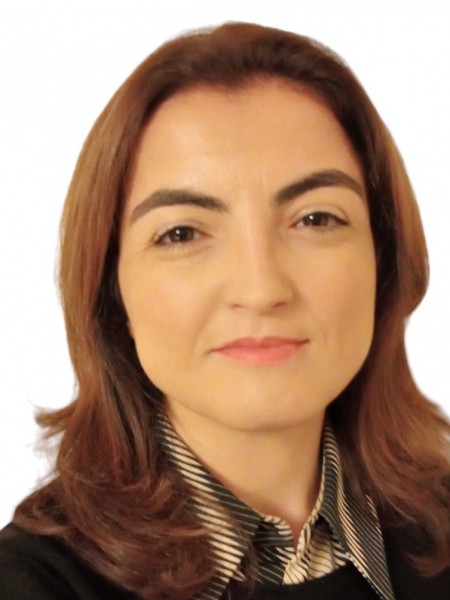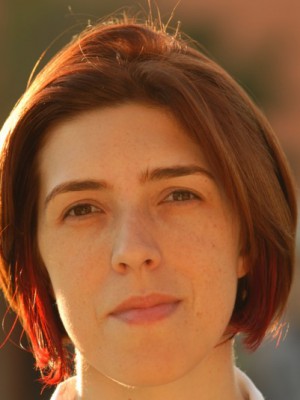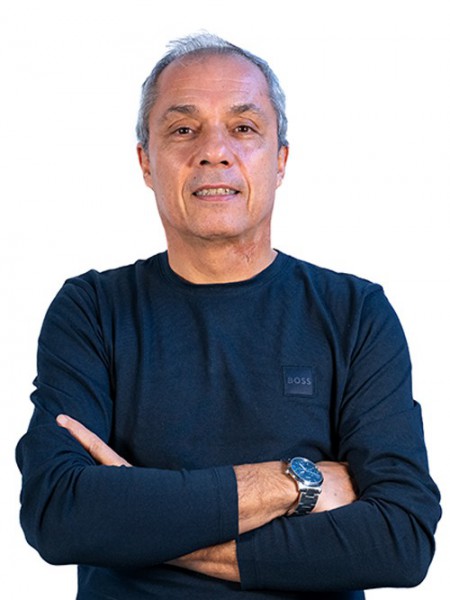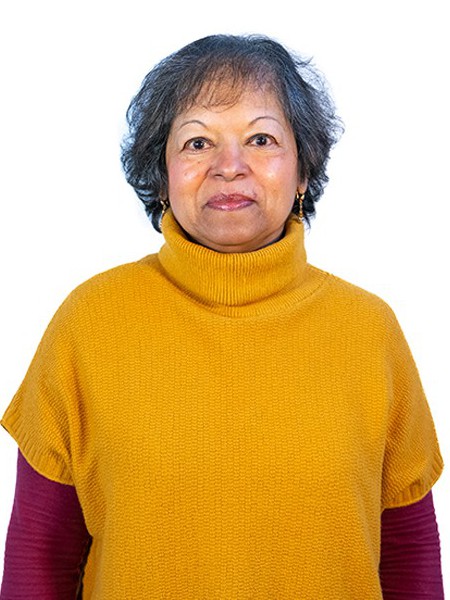Description
MOTIVATION: Melanoma is the most aggressive form of skin cancer and one of the most challenging malignancies to treat with a steeply rising incidence and a poor prognosis in advanced stages. Conventional clinical treatment of melanoma often fails in tumor complete eradication, due to the low response rates to single therapies, chemotherapy side effects and recalcitrance to traditional chemotherapy and radiotherapy. Therefore, inspired by the unique proprieties of near infrared light (NIR) excitable upconversion nanoparticles (UCNPs) and the recent advances in its synthesis, functionalization and successful applications to tumor therapy, we propose the development of novel upconversion nanoplatforms for multimodal therapy of melanoma.
AIMS: This project aims the developing of multimodal nanoplatforms for the treatment of melanoma skin cancer. Our approach is based on the development of NIR excitable upconversion nanoplatforms that combine in a single platform, targeted generation of i) hyperthermia, ii) reactive oxygen species and iii) antitumor drug delivery, respectively in a context of photothermal therapy (PTT), photodynamic therapy (PDT) and chemotherapy.
STRATEGY: We propose the development of nanoplatforms formed by UCNPs with a shell of mesoporous silica to allow the load of photosensitisers (PS) and anticancer drugs that, under NIR excitation will produce PTT, PDT and release of anticancer drug in the tumor (chemotherapy). These nanoplatforms will then be tested in vitro with melanoma cell lines to: i) evaluate the effect of each nanoplatform on cell viability upon NIR irradiation; ii) evaluate the underlying cytotoxic mechanisms due to single and combined therapies in the different melanoma cells lines; iii) seek for synergistic effects of combined therapies in the melanoma cell lines. The therapeutic efficacy of the nanoplatforms will then be investigated in vivo in mice grafted with melanoma tumors to evaluate the efficacy of combined therapies in suppressing the tumor growth.
NOVELTY: This project will develop new therapeutic approaches for melanoma, in the hope of contributing to increase the overall response rates, reduce the dose of antitumor drugs and, their side effects and decrease tumor resilience to traditional therapies. This triple therapeutic approach presented in this proposal is totally innovative for melanoma therapy.
Main Local Researcher
Helena Cristina Correia de Oliveira (CESAM)
Coordination
Universidade de Aveiro (UA)
Partners
Universidade de Lisboa
Groups
G1 - Porous Materials and Nanosystems;
G5 - Biomimetic, Biological and Living Materials;
G2 - Photonic, Electronic and Magnetic Materials;
Outputs
Morin Hydrate Encapsulation and Release from Mesoporous Silica Nanoparticles for Melanoma Therapy
Cunha, C; Marinheiro, D; Ferreira, BJML; Oliveira, H; Daniel-da-Silva, ALDrug Delivery Systems and Flavonoids: Current Knowledge in Melanoma Treatment and Future Perspectives
Cunha, C; Daniel-da-Silva, AL; Oliveira, H3D sub-cellular localization of upconverting nanoparticles through hyperspectral microscopy
Silva, RN; Botas, AMP; Brandao, D; Bastos, V; Oliveira, H; Debasu, ML; Ferreira, RAS; Brites, CDS; Carlos, LDBacterial nanocellulose-hyaluronic acid microneedle patches for skin applications: In vitro and in vivo evaluation
Fonseca, DFS; Vilela, C; Pinto, RJB; Bastos, V; Oliveira, H; Catarino, J; Faisca, P; Rosado, C; Silvestre, AJD; Freire, CSREncapsulation and Enhanced Release of Resveratrol from Mesoporous Silica Nanoparticles for Melanoma Therapy
Marinheiro, D; Ferreira, BJML; Oskoei, P; Oliveira, H; Daniel-da-Silva, ALCoating of Magnetite Nanoparticles with Fucoidan to Enhance Magnetic Hyperthermia Efficiency
Goncalves, J; Nunes, C; Ferreira, L; Cruz, MM; Oliveira, H; Bastos, V; Mayoral, A; Zhang, Q; Ferreira, PNanocellulose-Based Patches Loaded with Hyaluronic Acid and Diclofenac towards Aphthous Stomatitis Treatment
Carvalho, JPF; Silva, ACQ; Bastos, V; Oliveira, H; Pinto, RJB; Silvestre, AJD; Vilela, C; Freire, CSRSwellable Gelatin Methacryloyl Microneedles for Extraction of Interstitial Skin Fluid toward Minimally Invasive Monitoring of Urea
Fonseca, DFS; Costa, PC; Almeida, IF; Dias-Pereira, P; Correia-Sa, I; Bastos, V; Oliveira, H; Vilela, C; Silvestre, AJD; Freire, CSRCytotoxicity profiling of deep eutectic solvents to human skin cells
Macario, IPE; Oliveira, H; Menezes, AC; Ventura, SPM; Pereira, JL; Goncalves, AMM; Coutinho, JAP; Goncalves, FJMSponsors








